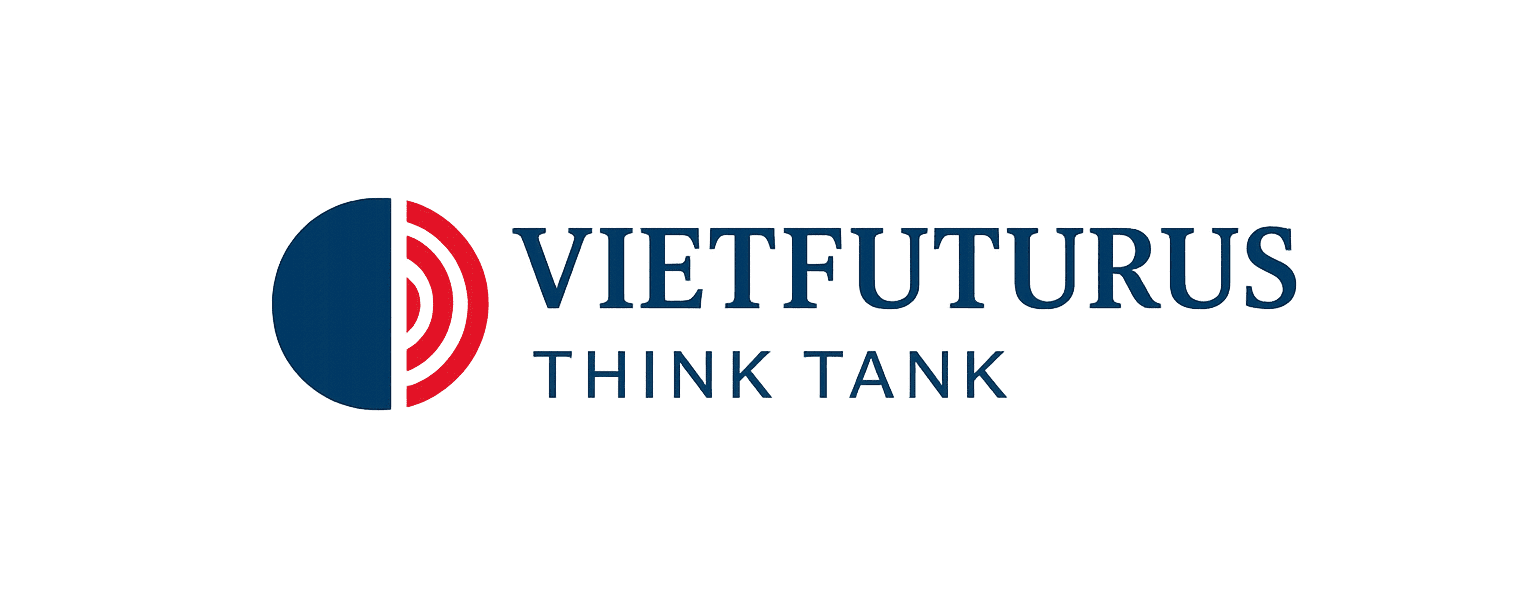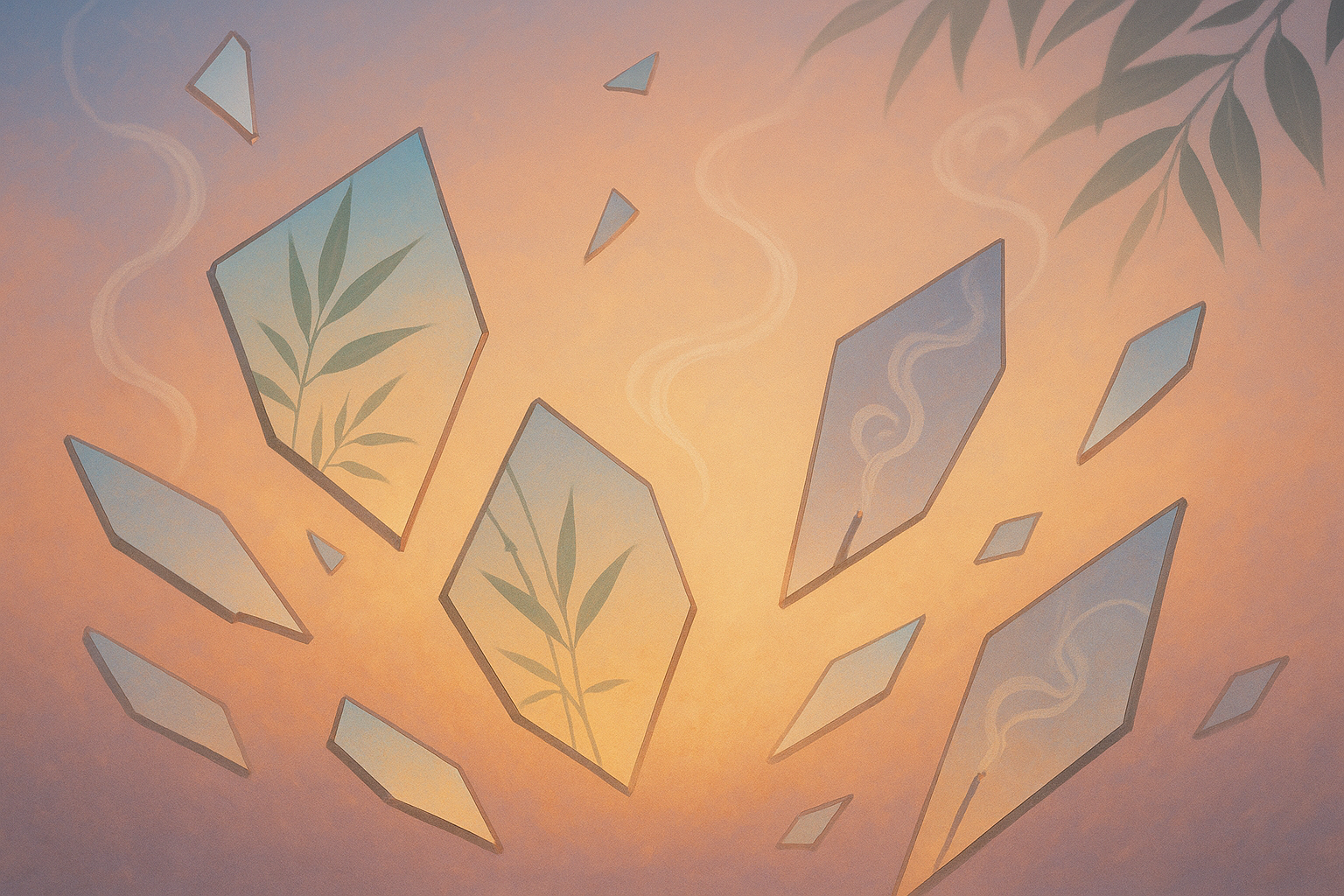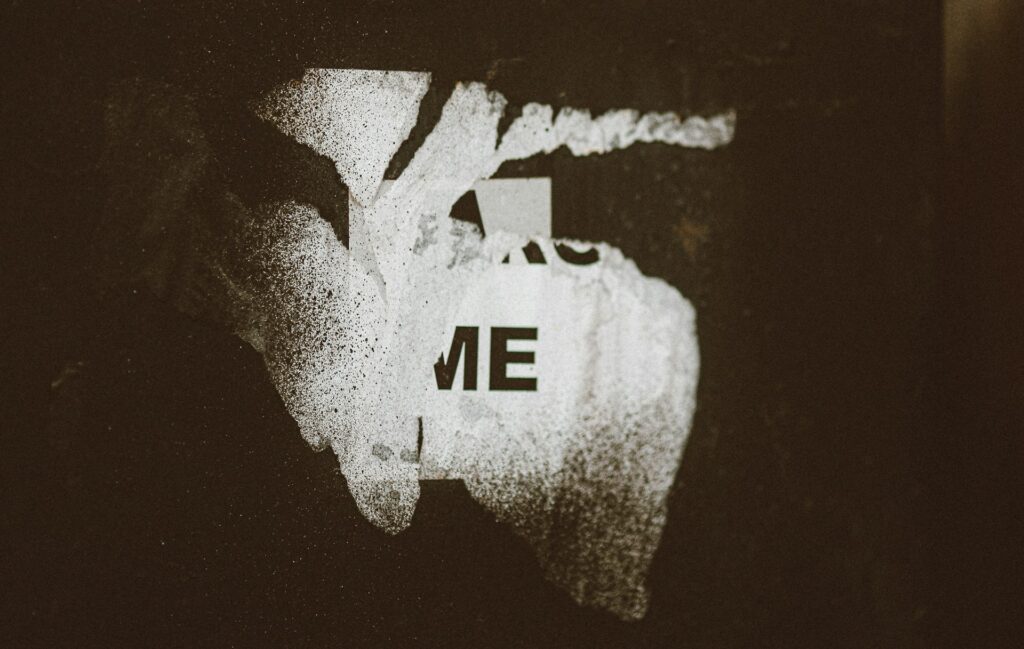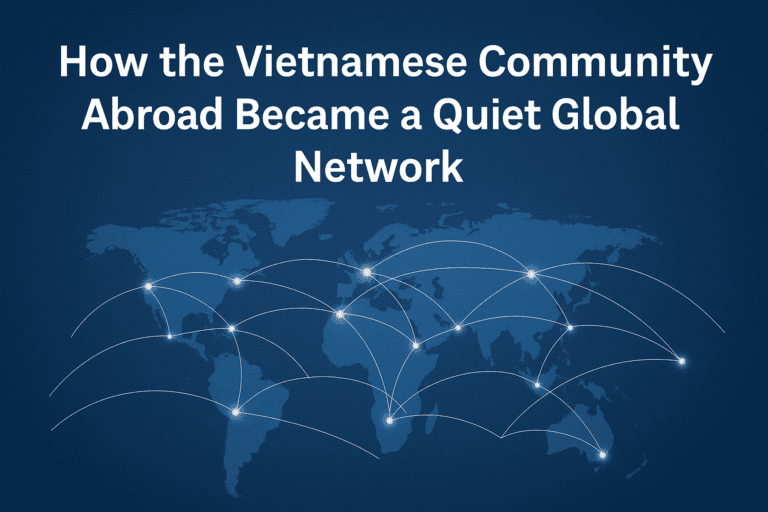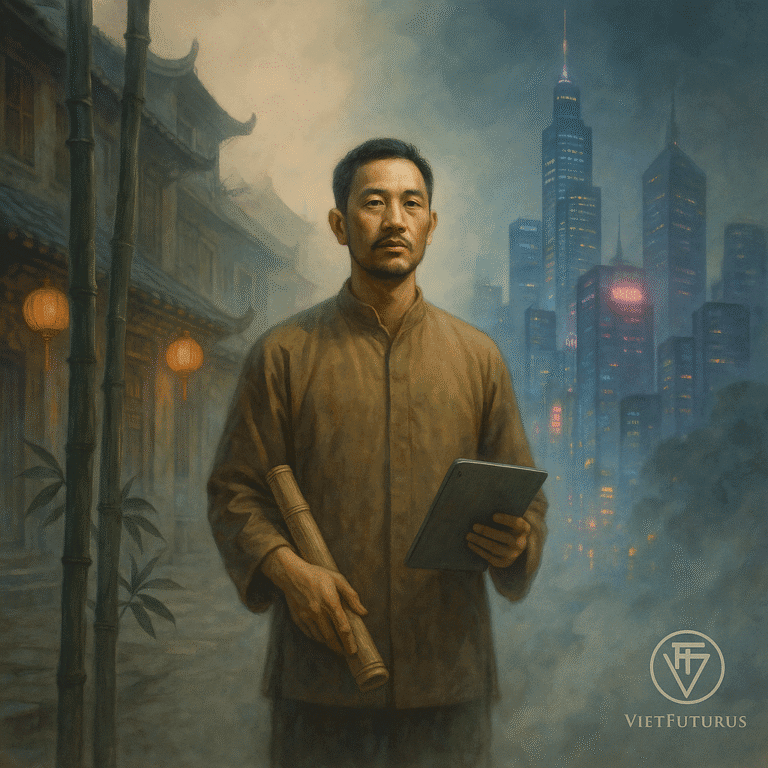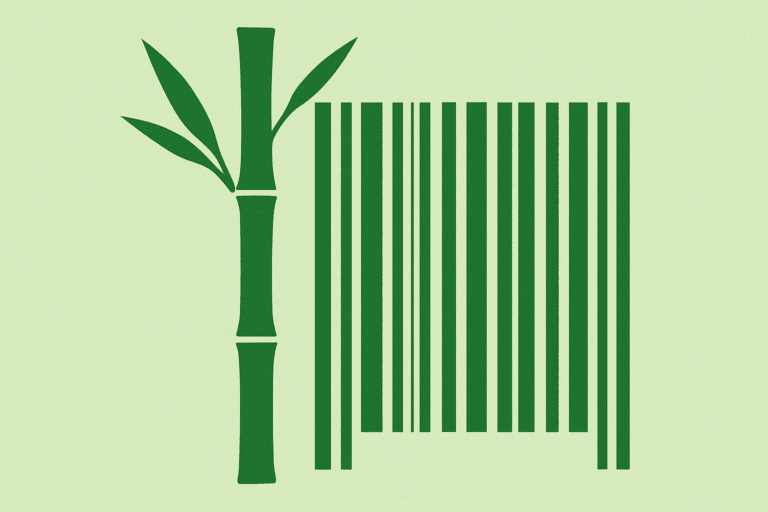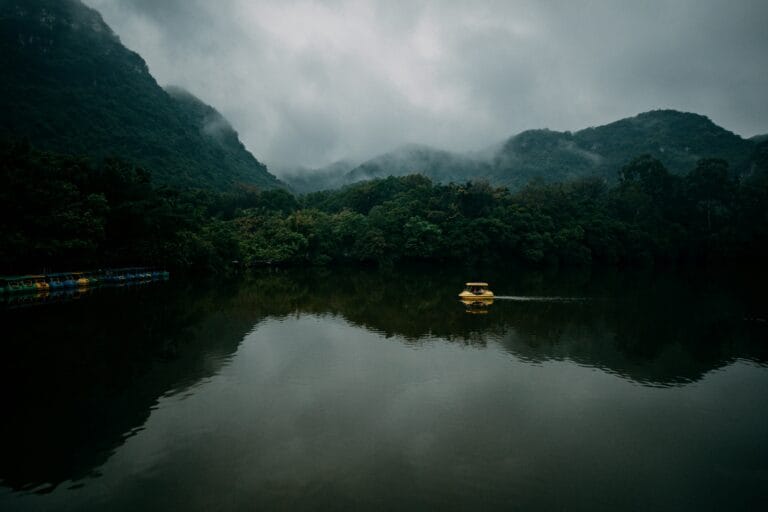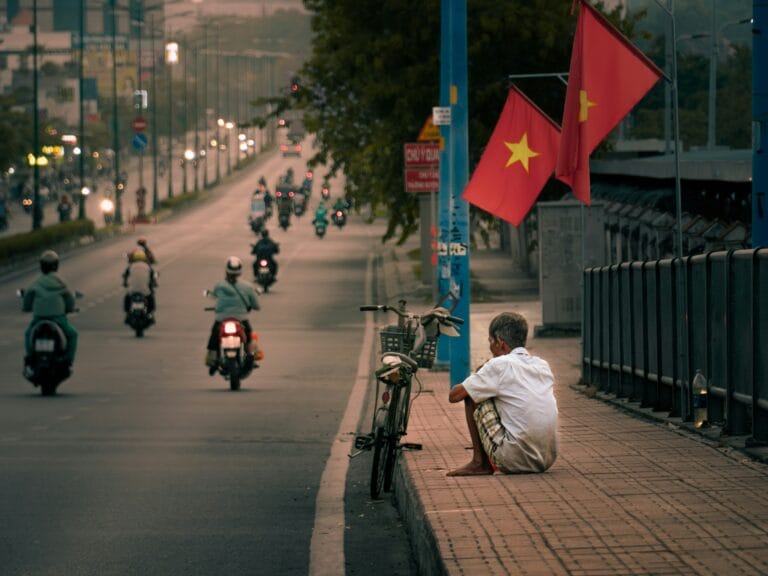What Remains When We Forget: Embracing Our Fractured Identity
In the quiet hours before dawn, I often find myself reaching back—through the whisper of bamboo leaves, the scent of incense drifting across courtyard walls—to touch moments I thought I had lost forever. Yet memory has its own logic, and when I forget, it’s not simply a loss; it’s a transformation. The residue of what slips through our fingers shapes our fractured identity, carving out spaces of longing where once there was unbroken selfhood.
As I sit at my desk in Ho Chi Minh City, pen in hand and heart tethered between past and present, I realize that forgetting is not only an absence but an invitation to rediscover. In this reflective journal entry, I trace the contours of my own forgetting and the cultural echoes that have shaped me—and many like me—across oceans and generations.
The Weight of Erasure: Witnessing Fractured Identity
I remember the first time I noticed the crack. It was during Tet, the lunar new year, when family photographs lay scattered on the altar, each image a portal to lives lived under different skies. My grandmother’s image, framed in lacquered wood, had always felt like an anchor. But that year, I hesitated before lighting the incense, my fingertips brushing her face and finding only a blur. In that moment, I sensed the first fissure in my sense of belonging, a tremor that revealed the fragile architecture of memory itself. This is the heart of fractured identity: the simultaneous pull of what was known and what has slipped from our grasp.
The ache of erasure is personal, but it resonates deeply when experienced collectively. In the communal gathering halls of my youth, elders would speak of homeland as though it were a living entity—verdant rice paddies that whispered secrets in the dusk; pagodas where the wind carried prayers to ancestors. Yet as the generations moved westward, westward beyond seas and borders, those landscapes receded, becoming wisps in stories retold. I felt the lure of those stories in every lullaby sung to me, every recipe handed down without measurement. And when I could no longer recall the exact cadence of my mother’s lullabies, I stood at the threshold of forgetting, conscious of how erasure shapes the gaps in our fractured identity.
Ultimately, witnessing that fracture is witnessing ourselves in pieces: part memory, part myth, part longing. It’s an acknowledgment that who we are is composed of both presence and absence, and that forgetting—far from a simple loss—is an integral fragment of self.
Echoes from the Past: Historical Threads of Cultural Memory
To understand what remains when we forget, I turn to the echoes of my nation’s past. Vietnam’s history is woven with threads of colonization, resistance, and renewal—a tapestry in which names and dates sometimes blur, but the emotional imprint endures. In school, I learned of the Qing–French conflicts and the anti-colonial uprisings, but only in my family’s living room did I truly grasp their weight. My father’s uncles spoke softly of French soldiers trudging through village lanes, of rice fields requisitioned for foreign coffers. Their narratives carried a raw intimacy that could never be captured in textbooks.
Those intimate recollections became a vessel for my understanding of fractured identity on a historical scale. The Treaty of Saigon, the Geneva Accords, the migrations that followed—each event peeled away layers of cultural certainty, only to reassemble into something new. Vietnamese villages emptied as people boarded boats in the dark, driven by fear and hope. Over time, these mass movements gave rise to diasporic enclaves in Paris, San Jose, and Sydney—communities that would cling fiercely to traditions even as they adapted to unfamiliar landscapes.
Yet, with each wave of displacement came forgetting. The nuance of northern dialects, the specific incense blends of regional temples, the cadence of communal songs—all risked fading into generalities or false nostalgia. In the archive of collective memory, forgetting is inevitable, and what survives is often a curated version—a patchwork that reflects the strongest threads. The historical echoes that endure shape our fractured identity, reminding us that even as certain stories vanish, others rise to fill the void.
Voices Across Oceans: Diaspora Case Parallels in Fractured Identity
Beyond the shores of Vietnam, I have encountered reflections of my own story in unexpected places. In the Armenian community of Glendale, I met a shopkeeper who had fled his homeland after the 1988 earthquake, carrying little more than his mother’s cross and a suitcase of photographs. His voice trembled as he recounted the smell of jasmine at dawn in Yerevan and the songs his grandmother hummed by candlelight. I saw in his eyes the same ache I had known when I tried to recall the taste of my grandmother’s bánh chưng—a longing shaped by fractured identity.
Similarly, in the Jewish diaspora of Melbourne, I attended a Passover seder where the retelling of Exodus was as much about exile and return as it was about liberation. The matzah plate held symbolic crumbs of collective forgetting and remembrance. Here too, the tension between what is preserved and what is forgotten defined communal belonging. When we forget—even accidentally—the memory we lose becomes a silent partner in cultural rituals, demanding to be acknowledged.
I have walked through the streets of Sydney with Vietnamese refugees who find parallels in Australia’s own history of famine and emigration. They speak of the Great Hunger and its echoes in their hearts—the ache of leaving home, the fear of erasure, the stubborn persistence of memory. In every case, I recognize facets of my own fractured identity: the blending of loss and creation, of memory and myth, of rituals preserved and traditions adapted.
These parallels do more than comfort; they illuminate patterns. Across geographies and histories, forgetting shapes identity by allowing reinvention even as it risks severing us from what formed us. In sharing stories—Armenian, Jewish, Irish, Vietnamese—we find common ground in our human vulnerability to forgetting and our collective eagerness to reclaim what remains.
Toward a Future of Reclamation: Future-Facing Reflections on Fractured Identity
As I gaze ahead, I envision a practice of remembrance that embraces the fractures rather than denying them. In the digital archives sprouting on servers from Silicon Valley to Singapore, descendants of refugees upload scanned letters, grainy photographs, and audio recordings in dozens of dialects. These fragmentary archives are acts of defiance against forgetting, weaving new threads into our fractured identity. I have contributed my grandmother’s handwritten recipes to one such platform—her calligraphy, once smudged by time, restored with pixel-perfect precision. In that simple act, I felt a bridge across centuries.
Yet technology alone cannot salvage every nuance. Reclamation must also live in our daily rituals: teaching our children their mother tongue during bedtime stories, streaming ancestral songs over dinner, even planting a native herb garden in urban balconies. These small practices accumulate, creating a scaffold for our fractured identity to stand upon.
I also believe that art and literature are vital to this reclamation. My own writing, for example, weaves historical echoes with personal narrative, creating a space where memory can surface through metaphor and story. When I place pen to paper, I am excavating layers of self that forgetting once buried. In the coming decades, I hope to see more diaspora writers—of all backgrounds—exploring the spaces between what we remember and what we forget, mapping the cracks in order to understand our collective humanity.
Finally, there is the imperative of empathy. In conversations across cultures, I have witnessed how bearing witness to another’s forgetting can restore pieces of my own. When an elder in Phnom Penh recounts a story of monsoon floods and temple bells silenced by political strife, I listen not only as an observer but as a fellow traveler on the terrain of memory. Through such empathy, we reclaim not just our personal histories but the shared fragments of human experience.
Conclusion: Integrating Memory, Culture, and the Self
In this reflective journey, I have learned that forgetting is neither betrayal nor failure; it is a contour in the landscape of our being. Our fractured identity is not a deficiency but a dynamic process—one that demands both acceptance of what slips away and dedication to what remains. As I close this journal page, I feel both the weight of erasure and the luminous potential of reclamation. The smell of incense still lingers in the air, the photographs on the altar still glow with familiar faces. Though I may forget the exact words of my grandmother’s lullabies, I carry their melody in my bones.
What remains when we forget is a testament to resilience, a mosaic of cultural echoes, diaspora voices, and future-facing hope. In tending to those fragments—through ritual, storytelling, and communal empathy—we forge an identity that honors both memory and myth. And in that space, we discover that forgetting, far from erasing us, offers room to grow, to forge new connections, and to affirm the beauty of our ever-evolving selves.
Bonus Reflections: 3 Essential Essays on Vietnamese Diaspora
“A Departure from Reality” by Viet Thanh Nguyen
The New Yorker, September 9 2023
An intimate essay on the paradox of losing—and reclaiming—one’s homeland through the lens of war, exile, and memory.
“Gathering the Vietnamese Diaspora” by Vanessa Hua
San Francisco Chronicle, June 7 2018
A vivid exploration of how second-generation Vietnamese Americans navigate cultural inheritance and community across continents.
“Surrendering” by Ocean Vuong
The New Yorker, June 6 2016
A lyrical reflection on learning English as an immigrant child, and the fracturing—and forging—of identity through language.
